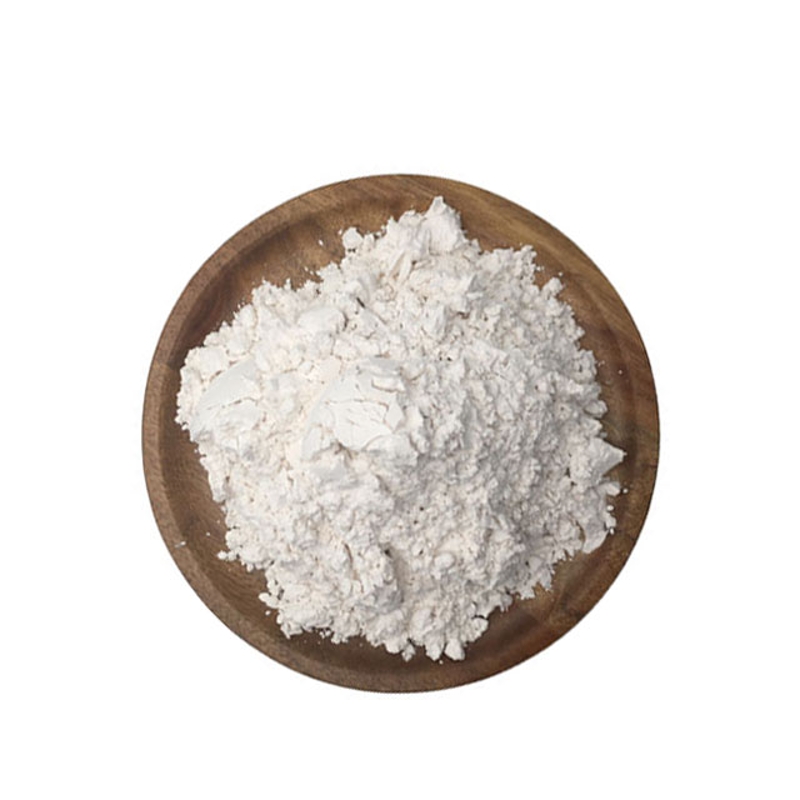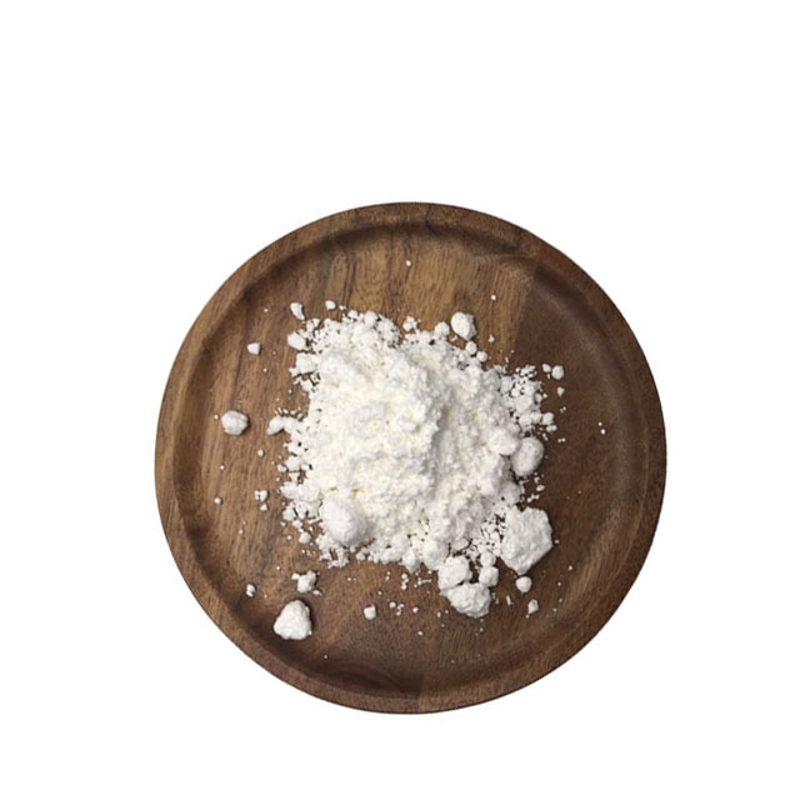Serum glutamine levels associated with hospital-acquired infections in aSAH patients
-
Last Update: 2020-06-27
-
Source: Internet
-
Author: User
Search more information of high quality chemicals, good prices and reliable suppliers, visit
www.echemi.com
Ref: Badjatia N, et al2018 Jul 31;91 (5): e421-e426doi: 10.1212/WNL.0000000005902Epub 2018 Jun 29."malnutrition leads to an increase in infection rates associated with impaired immune functionThe average energy consumption rate in resting states was 40% to 75% higher than the baseline level in patients with aneurysm cobweb subcranial hemorrhage (aSAH)Neeraj Badjatia of the Department of Neurology at the University of Maryland School of Medicine in the United States, etc., found that the body's negative nitrogen balance was predictable for the occurrence of hospital acquired infections (hospital-acquired infection, HAI) and the long-term prognosis of post-aSAH, and further analyzed the correlation between serum glutamine levels in aSAH patients and hospital-acquired infections, published in July 2018this prospective observational study, 77 aSAH patients were measured in daily calorie intake and levels of C-reactive protein, thymus peptide, tumor necrosis factor receptor 1a (TNF alpha R1a), glutamine and nitrogen balance within 14 days of haemorrhageThe relationship between serum glutamine content and HAI was analyzed using multiple linear regression, HAI was investigated daily and time-event analysis was conducted, and patientcognitive function was evaluated by telephone follow-up 3 months after aSAH to assess patients' cognitive function and neurofunction recovery results using an improved Rankin scaleIn 77 patients, the average age was 55 to 15 years old, and 18 cases (23%) occurred within an average of 8 to 3 days after aSAH (Table 1)table 1Clinical characteristics of 77 aSAH patientsmultiple linear regression analysis showed that the high levels of negative nitrogen balance (p-0.02) and TNF alpha R1a in patients with ashaanda were independently associated with higher serum glutamine levelsThe average serum glutamine content in patients with HAI was lower in 14 days than those without HAI, 166 to 110 ?g/mL to 236?81?g/mL (p-0.004)Poor Hunt-Hess scores (p-0.04) and low serum glutamine levels (p-0.02) may increase HAI risk at admissionThe single-variable analysis showed that the lower level of average serum glutamine within 14 days of onset was associated with decreased cognitive function in the 3 months after aSAH (p-0.03) and poor neurofunction recovery (p-0.04)concluded that the decline in the average serum glutamine in patients with aSAH within 14 days of ongoing illness was the result of the body's inflammatory effects and was associated with an increased risk of HAI (compiled by Lushan Na, of liu Chenghong, first people's hospital in Changshu City, Jiangsu Province, review, editor-in-chief of "Outside The Outside Information" and professor of Chen Quancheng , affiliated with Fudan University, relevant links
This article is an English version of an article which is originally in the Chinese language on echemi.com and is provided for information purposes only.
This website makes no representation or warranty of any kind, either expressed or implied, as to the accuracy, completeness ownership or reliability of
the article or any translations thereof. If you have any concerns or complaints relating to the article, please send an email, providing a detailed
description of the concern or complaint, to
service@echemi.com. A staff member will contact you within 5 working days. Once verified, infringing content
will be removed immediately.







